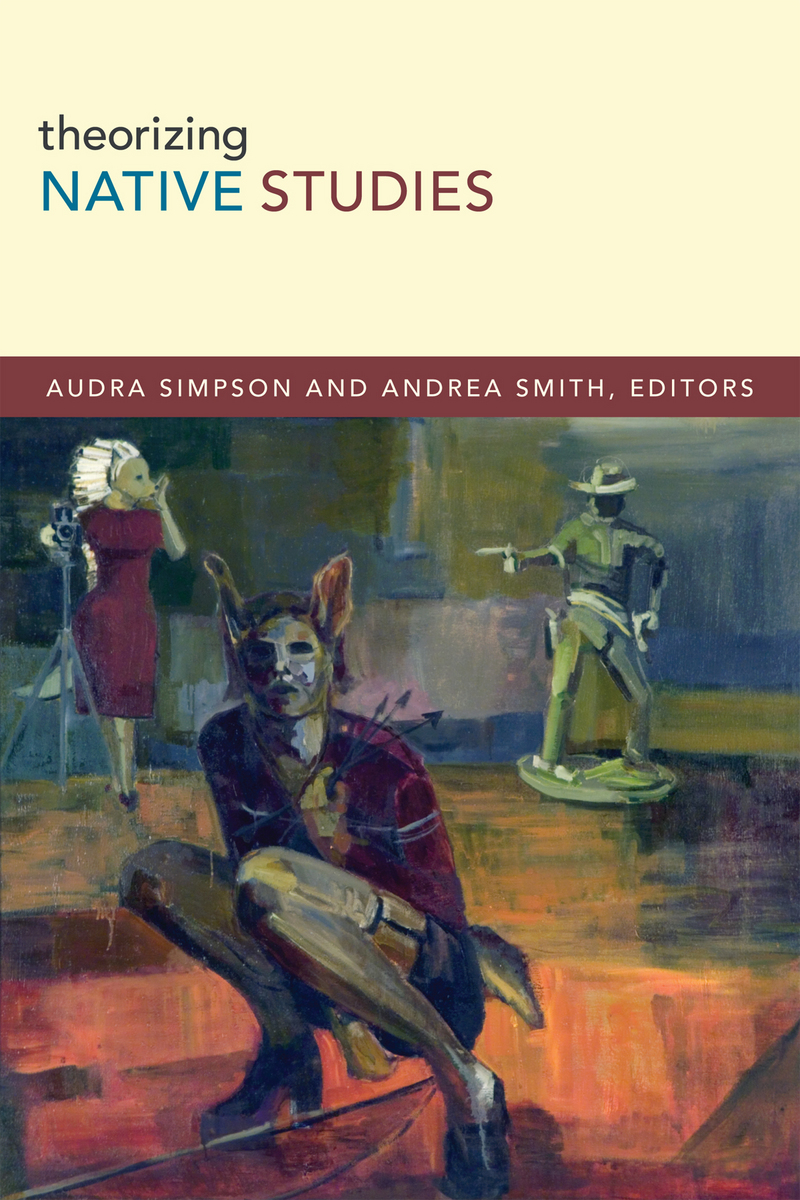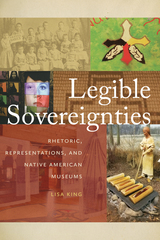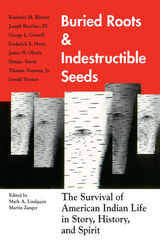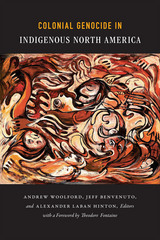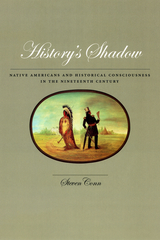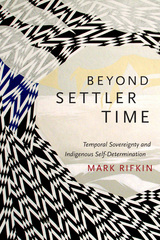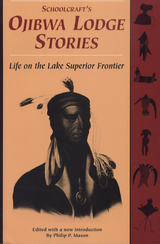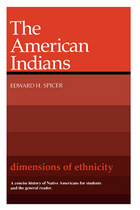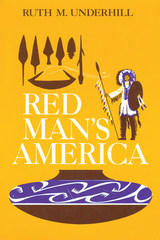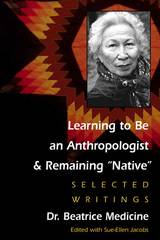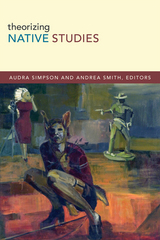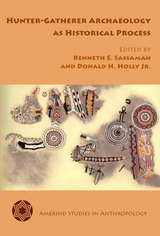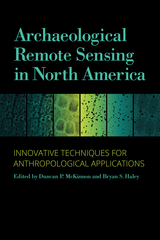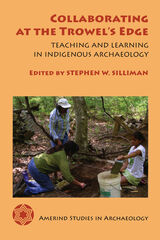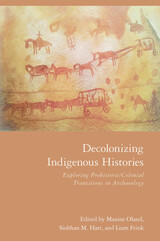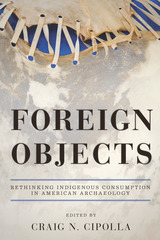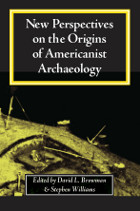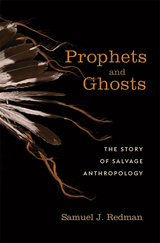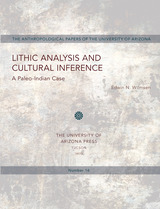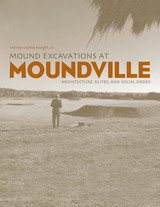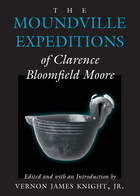Theorizing Native Studies
Duke University Press, 2014
Cloth: 978-0-8223-5667-7 | Paper: 978-0-8223-5679-0 | eISBN: 978-0-8223-7661-3
Library of Congress Classification E77.2.T446 2014
See other books on: Ethnic identity | Indians of North America | Native American Studies | Simpson, Audra | Smith, Andrea
See other titles from Duke University Press
Cloth: 978-0-8223-5667-7 | Paper: 978-0-8223-5679-0 | eISBN: 978-0-8223-7661-3
Library of Congress Classification E77.2.T446 2014
ABOUT THIS BOOK | AUTHOR BIOGRAPHY | REVIEWS | TOC | REQUEST ACCESSIBLE FILE
ABOUT THIS BOOK
This important collection makes a compelling argument for the importance of theory in Native studies. Within the field, there has been understandable suspicion of theory stemming both from concerns about urgent political issues needing to take precedence over theoretical speculations and from hostility toward theory as an inherently Western, imperialist epistemology. The editors of Theorizing Native Studies take these concerns as the ground for recasting theoretical endeavors as attempts to identify the larger institutional and political structures that enable racism, inequities, and the displacement of indigenous peoples. They emphasize the need for Native people to be recognized as legitimate theorists and for the theoretical work happening outside the academy, in Native activist groups and communities, to be acknowledged. Many of the essays demonstrate how Native studies can productively engage with others seeking to dismantle and decolonize the settler state, including scholars putting theory to use in critical ethnic studies, gender and sexuality studies, and postcolonial studies. Taken together, the essays demonstrate how theory can serve as a decolonizing practice.
Contributors. Christopher Bracken, Glen Coulthard, Mishuana Goeman, Dian Million, Scott Morgensen, Robert Nichols, Vera Palmer, Mark Rifkin, Audra Simpson, Andrea Smith, Teresia Teaiwa
See other books on: Ethnic identity | Indians of North America | Native American Studies | Simpson, Audra | Smith, Andrea
See other titles from Duke University Press
